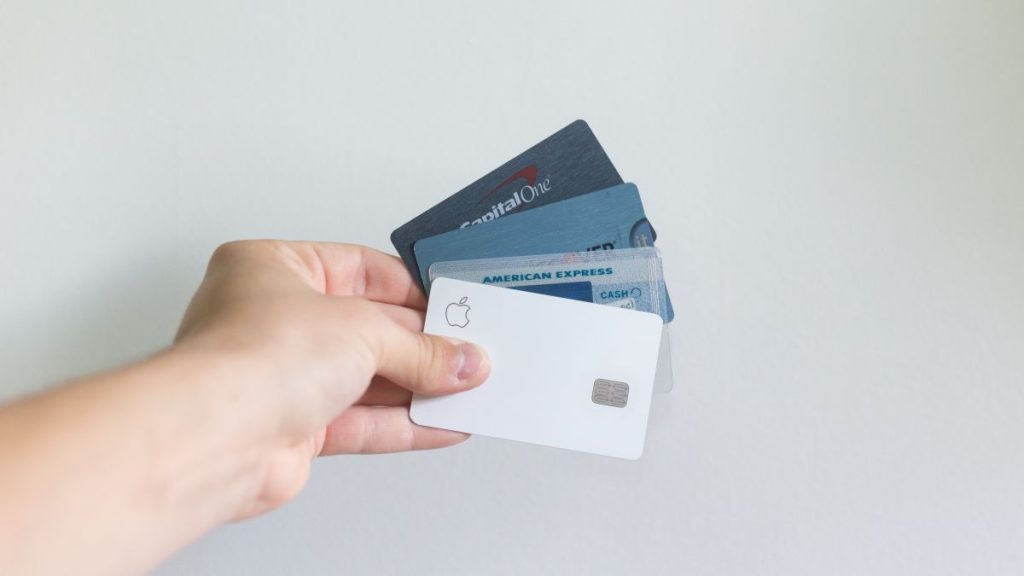
It can be very tempting to try and consolidate your debt into one single loan. After all, who wouldn’t want to have just one monthly payment instead of several? And with interest rates being fairly reasonable and the upcoming recession right around the corner, now might seem like the perfect time to do it.
But before you make the decision to consolidate your debt, you need to ask yourself one very important question – will consolidating my debt hurt my credit score?
The answer to this question is a bit complicated. While debt consolidation itself will not necessarily hurt your score in the long run, there are some potential risks involved that you need to be aware of as explained by Bankly.
Table of Contents
How Do Debt Consolidation Programs Work?

Source: unsplash.com
These programs are pretty straightforward and it doesn’t take an experienced financial advisor to figure them out. The gist of it is that you take out a new loan and use the money to pay off your existing debts. So, one single loan to cover them all and one monthly payment instead of a dozen. This new loan will likely have a lower interest rate than your current debts, which can save you money in the long run.
Most people will go and take out a personal loan from their bank or a lender in order to consolidate their debt. But there are other options available as well, such as balance transfer credit cards or even home equity loans (HELOCs).
One thing to note is – not every lender will offer you an equally tempting interest rate. So it’s important to shop around and compare offers before making a decision.
What Are The Risks Of Consolidating Your Debt?
The main risk involved with consolidating your debt is that you might end up paying more in interest than you would’ve without consolidation. This can happen if you extend the term of your loan or if you only make the minimum payments.
Another potential risk is that you might end up with a higher interest rate than you currently have. This is especially true if you have good score and consolidate your debt with a balance transfer credit card. The introductory 0% APR period will eventually come to an end and you’ll be stuck with a much higher interest rate on the remaining balance.
How Does It Affect Your Credit Score?
So, what’s the catch?
While debt consolidation can save you money on interest and make your life a lot easier, there are some potential risks involved that you need to be aware of – especially when it comes to credit score.
Namely, when you consolidate your debt, you’re essentially taking out a new loan. This will result in a hard inquiry on your report, which can temporarily lower your credit score by a few points.
But, in the long run, debt consolidation can actually help improve your score if you’re able to get a lower interest rate and make all your payments on time.
When Will It Lower Your Credit Score?

Source: unsplash.com
So, how can consolidating a debt lower your score?
Well, we’ve already mentioned a hard inquiry, so let’s start with that.
Whenever you apply for a new loan, the lender will do a hard inquiry on your report. This will temporarily lower your score by up to 10 points. Thankfully, this is only temporary and will only last for a year.
Another thing is credit utilization, and this one can actually go both ways.
Your credit utilization is the amount of debt you have compared to your credit limit. So, if you have a $10,000 limit and a balance of $5,000, your utilization would be 50%.
Ideally, you want to keep your utilization under 30%. But if you consolidate your debt and end up with a lower limit, your utilization will increase – which can lead to a decrease in your credit score.
Finally, there’s the addition of another account.
Whenever you open a new line of credit, it will show up on your report as a new account. This can lower the average age of your accounts and in turn, lower your credit score.
But, if you keep your old accounts open and active, this shouldn’t be a major issue – at least not in the long run.
When Will It Increase Your Credit Score?
Thankfully for all of us, debt consolidation might reflect on your score positively.
First of all, if you’re able to get a lower interest rate on your consolidated loan, you’ll end up paying less in interest. This will save you money and help improve your financial situation – both of which can lead to a better credit score.
Another thing is on-time payments. Whenever you make a payment on time, it will reflect positively on your overall score. And, according to evidence, your payment history makes up 35% of your overall score. So, if you’re able to make all your payments on time, it will help improve your overall score in the long run.
Last but not least, debt consolidation can help improve your credit utilization.
Remember, credit utilization is the amount of debt you have compared to your credit limit. So, if you’re able to secure a higher credit utilization limit, it will help improve your credit utilization ratio – which can lead to an increase in your credit score.

Source: unsplash.com
The Final Verdict – Should You Consider Consolidating A Loan?
The bottom line is, while there are some potential risks involved, consolidating your debt can actually help improve your credit score in the long run – as long as you’re able to get a lower interest rate, make all your payments on time, and keep your old accounts active.
If you’re struggling with debt and are considering consolidating your loans, make sure to do your research and understand the potential risks involved. But if done correctly, debt consolidation can actually help improve your financial situation, get you out of a rut and improve and your credit score in the long run.







